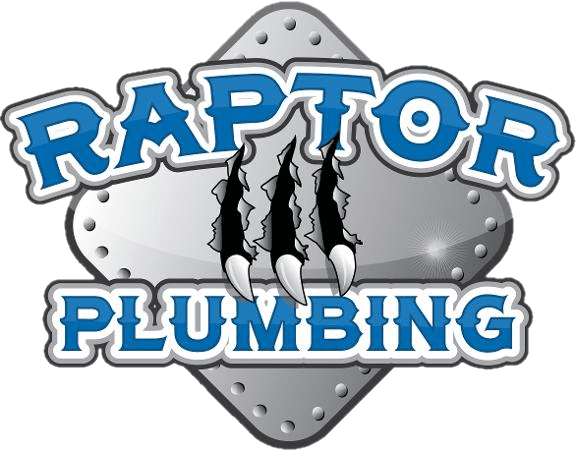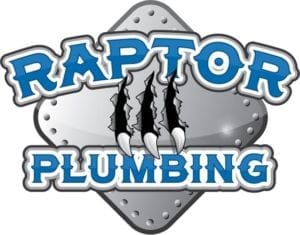Chemical and gas pipe systems are integral to various industrial operations, transporting hazardous materials and gases. Ensuring the reliability and safety of these systems is paramount to prevent accidents, environmental damage, and operational disruptions. This blog will explore best practices for managing chemical and gas pipe systems, focusing on installation, maintenance, safety standards, and corrosion protection.
Installation Best Practices
Choose the Right Materials
Selecting appropriate materials is critical for the longevity and safety of chemical and gas pipe systems. Consider the chemical properties of the substances being transported and temperature and pressure conditions. Use materials specifically designed to handle chemicals and gases’ corrosive or reactive nature.
Ensure Proper Design and Layout
A well-designed pipe system minimizes risks and maximizes efficiency. Ensure that the design accommodates the system’s flow rates, pressure, and temperature requirements. Plan the layout to reduce the risk of leaks, facilitate maintenance, and comply with safety regulations.
Follow Manufacturer Guidelines
Adhere to manufacturer guidelines for pipe installation, including joint connections, supports, and fittings specifications. Proper installation techniques and guidelines adherence help prevent leaks, failures, and safety hazards.
Maintenance Best Practices
Conduct Regular Inspections
Regular inspections are essential for identifying potential issues before they escalate. Schedule routine checks to assess the condition of pipes, joints, and fittings. Non-destructive testing methods, such as ultrasonic or radiographic testing, can be used to detect hidden flaws.
Implement Corrosion Protection
Corrosion can significantly impact the integrity of chemical and gas pipe systems. To prevent deterioration and extend the pipes’ lifespan, implement corrosion protection measures, such as coating systems, cathodic protection, or corrosion-resistant materials.
Perform Routine Cleaning
Routine cleaning helps maintain the efficiency of the pipe system and prevents blockages or contamination. Follow recommended cleaning procedures for chemical and gas pipes to ensure the system remains free from deposits and residues.
Safety Standards and Regulations
Adhere to Regulatory Standards
Compliance with local, national, and international safety standards is crucial for chemical and gas pipe systems. Familiarize yourself with regulations such as OSHA (Occupational Safety and Health Administration) standards, API (American Petroleum Institute) guidelines, and relevant industry codes.
Implement Safety Protocols
Establish and enforce safety protocols for handling and maintaining chemical and gas pipe systems. Train personnel on emergency response procedures, safe handling practices, and the use of personal protective equipment (PPE).
Monitor and Control Pressure and Temperature
Monitor and control pressure and temperature levels within the pipe system regularly. Use pressure relief valves, temperature controls, and alarms to manage deviations and prevent hazardous situations.
Emergency Preparedness
Develop an Emergency Response Plan
Create a comprehensive emergency response plan for potential chemical or gas leak incidents. The plan should include procedures for evacuation, containment, and communication with emergency services.
Conduct Drills and Training
Conduct drills and training sessions regularly to ensure that personnel are prepared to respond effectively to emergencies. Review and update the emergency response plan based on drill outcomes and real-world scenarios.
Maintaining the safety and efficiency of chemical and gas pipe systems requires a proactive approach to installation, maintenance, and safety. By following best practices, including selecting the right materials, conducting regular inspections, and adhering to safety standards, you can ensure the reliability of these critical systems and mitigate potential risks. Implementing effective corrosion protection and emergency preparedness measures further enhances the safety and longevity of chemical and gas pipe systems.

